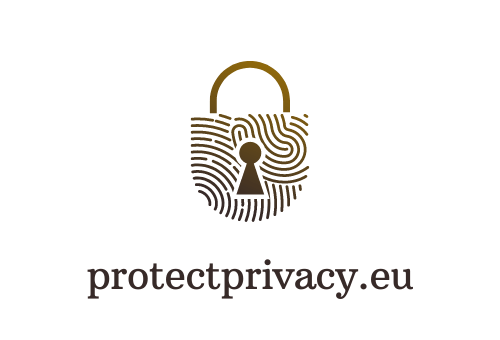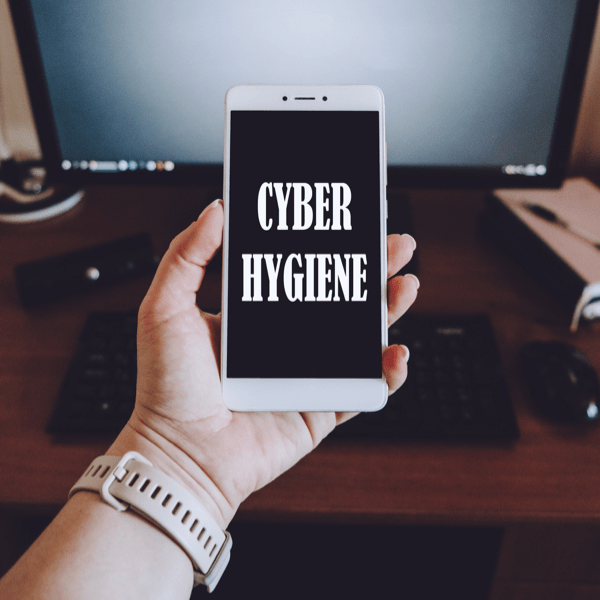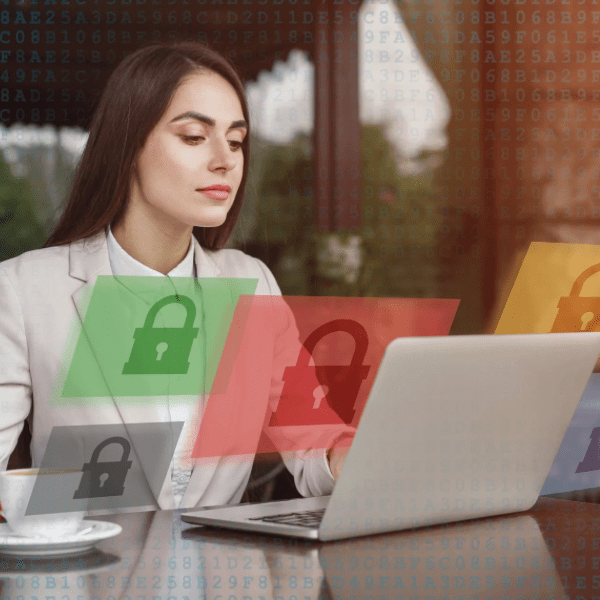VPN 101: How Virtual Private Networks Protect Your Privacy

In an era where online privacy is continually threatened, Virtual Private Networks (VPNs) have become essential tools for safeguarding personal information on the internet. This article serves as a beginner’s guide to VPNs, explaining their function, significance for privacy, and tips for selecting the right one to meet your needs.
Understanding VPNs: The Basics
A VPN is a service that creates a secure, encrypted connection between your device and the internet. This connection masks your IP address and reroutes your internet traffic through a VPN server, hiding your online actions from ISPs, governments, and potential cyber attackers.
How VPNs Work
When you connect to a VPN, it establishes an encrypted tunnel between your device and a remote server operated by the VPN service. All your internet traffic passes through this tunnel, ensuring that your data remains private and secure from external snooping.
The Importance of Encryption
Encryption is the cornerstone of a VPN’s security feature. It scrambles your data in such a way that it becomes unreadable to anyone who intercepts it. This ensures that your online activities, from browsing history to personal information, remain confidential.

Why VPNs are Essential for Privacy
In a digital landscape where data breaches and surveillance are commonplace, VPNs provide a layer of essential protection.
Protecting Your Online Identity
VPNs hide your IP address, which is a unique identifier for your internet connection. By masking this address, VPNs help protect your identity and location from websites, advertisers, and potentially malicious actors.
Safeguarding Data on Public Wi-Fi
Public Wi-Fi networks are notorious for their lack of security. Using a VPN on these networks encrypts your data, protecting it from hackers who might try to intercept your internet traffic on unsecured networks.
Bypassing Censorship and Geo-Restrictions
VPNs can also be used to access content that may be restricted in your geographic location by connecting to servers in different countries, thereby bypassing censorship and geo-restrictions.
Read Next: Debunking Privacy Myths – Separating Fact From Fiction
Choosing the Right VPN: Key Considerations
Selecting the right VPN depends on your specific needs and concerns. Here are some critical factors to consider.
Reputation and Reliability
Choose a VPN provider known for its reliability and positive user reviews. Look for a company with a strong track record of protecting user privacy and offering consistent, stable connections.
Security Features
Ensure the VPN offers robust encryption standards and additional security features like a kill switch, which cuts off your internet connection if the VPN drops, to prevent data leakage.
Privacy Policies
Review the VPN’s privacy policy to ensure they have a strict no-logs policy, meaning they don’t keep records of your internet activities.
Speed and Server Availability
Consider the VPN’s speed and the number of servers available. A larger number of servers can mean faster speeds and more options to bypass geo-restrictions.
Ease of Use and Support
Especially important for beginners, the VPN should offer user-friendly interfaces and responsive customer support.
Conclusion
VPNs play a critical role in protecting online privacy in today’s digital world. Understanding how they work, their importance, and how to choose the right one can empower you to navigate the internet securely and confidently.







